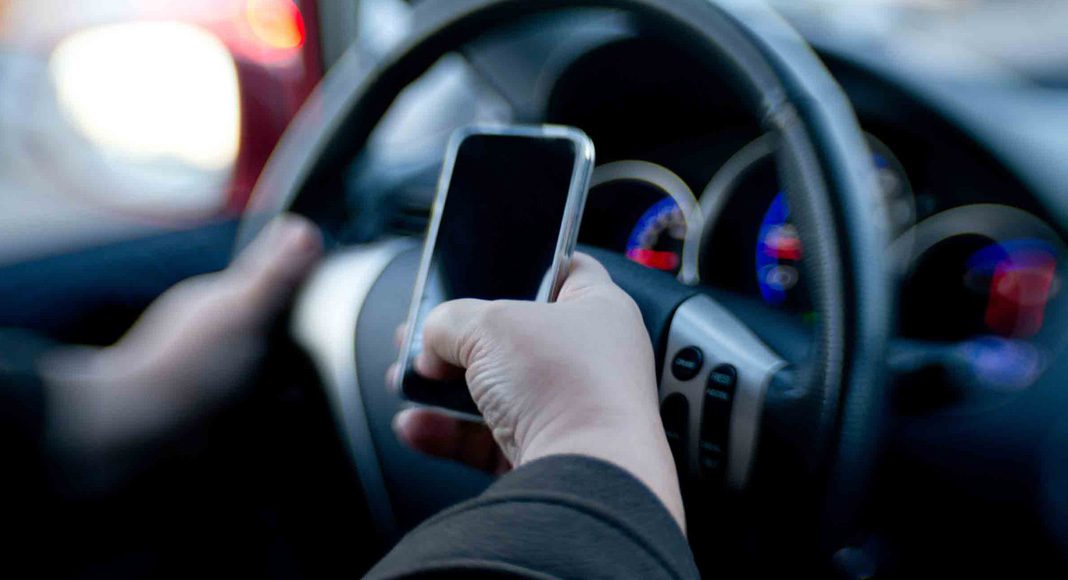- A third of Britons admit to checking their social media from behind the wheel (28%) in spite of new laws
- Issue is being attributed to Phone Separation Anxiety (PSA) ‘epidemic’ among Britons which a quarter (24%) of people are said to suffer from
- Study commissioned by MORE TH>N to mark its Give Your Mobile The Boot initiative
New research published by MORE TH>N has indicated the extent of Britons’ addiction to their smartphones.
One in five (18%) of the 3,000 motorists surveyed admitted to using their mobile while driving, despite the new harsher punishments that came into force at the start of this month for those caught in the act by police.
Of those owning up to using their smartphones while driving (18%), the study found that the use of messaging apps such as texting and WhatsApp (51%) topped the list of most common phone activity while driving, followed closely by making phone calls (44%), and streaming videos from YouTube and TV shows from the likes of Netflix and Amazon Prime (9%).
As part of the research respondents were also asked to reveal how many times they posted on their social media accounts and sent emails in a given journey. These results were then measured against official data on how many people currently hold a UK Driver’s Licence. The study concluded that, on average, 1,964,953 Snapchat, Instagram pictures and WhatsApp messages, 576,967 emails, 229,553 tweets and 508,975 Facebook posts are sent from the behind the wheel each week.
The research also revealed that 9% of people admitted to streaming an average of 2.5 hours’ video content per week while driving.
The study was carried out to mark the launch of MORE TH>N’s new ‘Give Your Mobile The Boot’ campaign, which is encouraging motorists to put their mobiles in the boot of the car before they begin their journey.
MORE TH>N highlighted that phone addiction has been scientifically termed as Phone Separation Anxiety (PSA) – also known as Nomophobia which is the phobia of being without your mobile device. The company has worked with Amanda Hills, a psychologist and lecturer specialising in addictions, to create a five-step guide which people are encouraged to watch ahead of a journey to help them overcome their PSA.
View the PSA step-by-step routine.
Hills commented: “’These results confirm there are growing numbers of people suffering from an addiction to their phones, which is clearly a huge concern for safety on the road whilst driving. To try and help curb this addiction I have created a simple five step guide designed to help relax, de-stress and relieve anxiety to watch ahead of a car journey. Following these steps regularly may reduce the need to use a smartphone in the car and assist in breaking a phone habit.”



















